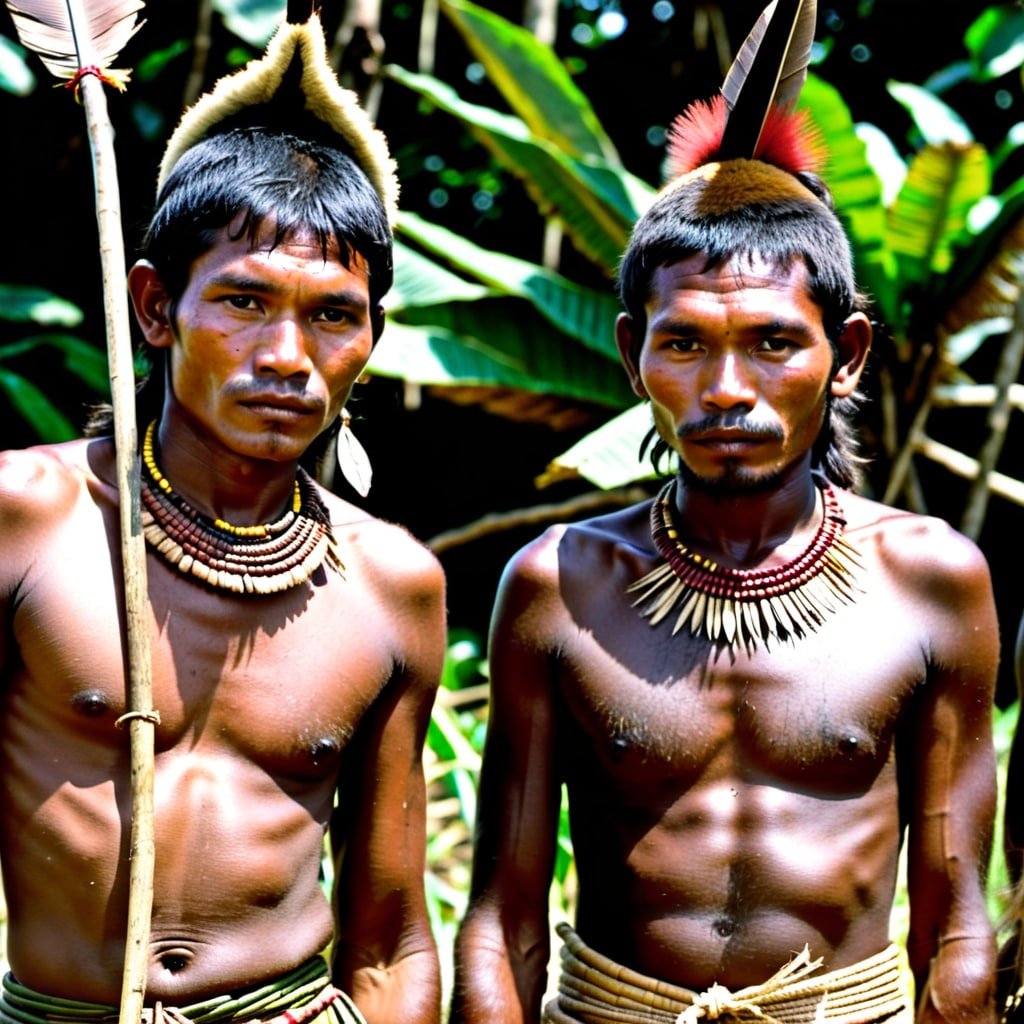cross-posted from: https://discuss.tchncs.de/post/5481337
cross-posted from: https://discuss.tchncs.de/post/5464255
cross-posted from: https://discuss.tchncs.de/post/5464244
cross-posted from: https://discuss.tchncs.de/post/5464243
cross-posted from: https://discuss.tchncs.de/post/5464240
cross-posted from: https://discuss.tchncs.de/post/5448323
Key Takeaways
Uncontacted tribes worldwide number over 100 groups concentrated in the Amazon, New Guinea, Andaman Islands and African rainforests
Their isolation is an active choice to preserve unique cultures, languages and autonomy over ancestral lands
Recent evidence continually finds new uncontacted societies, with likely many more undocumented groups
Threats include massive deforestation, extractive industries, road building, disease, climate impacts and loss of legal protections
Remote sensing, linguistics and genetics research reveal greater population densities and deeper ancestry histories than recognized
Uncontacted tribes express sophisticated village-scale societies with distinct linguistic identities
Advocacy and legal recognition of land rights are urgently needed as deforestation outpaces protections across Brazil, Indonesia and other critical regions


